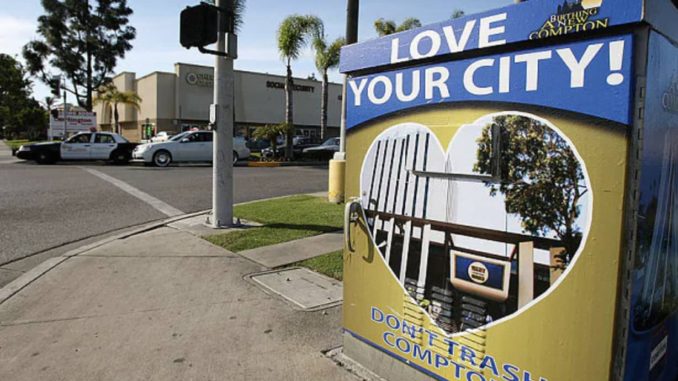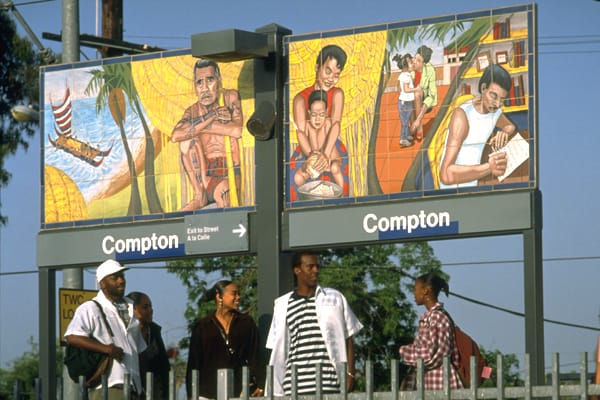
The city of Compton is planning to test out a guaranteed income pilot program called the Compton Pledge on 800 households in response to the national conversation on economic disparities. The pilot program will provide direct payment distributions in varying amounts using different payment intervals to see what strategy is most efficient in helping low-income residents.
“People in our community are going through tough times, and I know that guaranteed income could give people a moment to navigate their situation, and have some breathing room to go back to school, explore a new career path, spend time with their children, or improve their mental and emotional wellbeing,” Aja Brown, Mayor of Compton for over seven years, said.
Chosen anonymous residents, mainly consisting of families with children, will be given direct cash payments for two years. An independent research team will evaluate the results and report findings every six months.
“The program will be rigorously evaluated by an independent research team,” a press release stated. “Participant names will be kept anonymous, but preliminary findings will be reported at six-month intervals and a live data dashboard will be shared once disbursements begin.”
The initiative, built by a coalition of leaders, is the “largest city-based guaranteed income pilot in the US.” Funded by private donors, the Compton Pledge serves to mitigate the economic disparities enforced by racial injustice and social constructs that exclude certain demographics from obtaining economic equality and equity.
“There’s just so much urgent need at this time, obviously, with everything people are going through as a family and certainly as a country, so Mayor Aja Brown made it a real priority to launch this program so that we can help a lot of those families in need and actually help advance a national conversation around guaranteed income,” said Jamarah Hayner, the co-director of the Compton Pledge.

The Compton Pledge website states, “Giving people money can address a wide cross-section of issues related to cyclical poverty. It is the most direct way to abolish poverty, and it has been proven to do so while also addressing related issues of health, education, housing stability, and crime. This is not a band-aid solution, but rather a plan to invest in the dignity and agency of Compton residents experiencing poverty. As research has shown, the welfare impacts of a guaranteed income are widespread, including positive health outcomes, higher educational achievement, lower crime rates, and, in some cases, even lower spending on temptation goods like drugs and alcohol. A guaranteed income therefore invests in the dignity and future economic security of Compton residents.”
The pilot program is expected to begin in late 2020.



